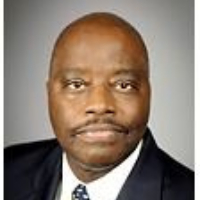Vauxhall RICO Act Lawyer, New Jersey
Sponsored Law Firm
-
 x
x

Click For More Info:
-
Law Office of Mark S. Guralnick
55 Madison Avenue 4th Floor Morristown, NJ 07960» view mapCriminal Defense Law Dedicated. Fearless. Successful.
Mark S. Guralnick and his legal team have helped clients throughout the USA and across the world by applying unparalleled dedication and hard work to each case.
800-399-8371
Not enough matches for Vauxhall RICO Act lawyer.
Below are all Vauxhall Criminal lawyers.
Todd David Palumbo
✓ VERIFIEDAfter graduating from the University Of Texas School Of Law, Todd Palumbo moved almost immediately into private practice. As a solo practitioner, he b... (more)
Steven Goldstein
✓ VERIFIEDSteven Goldstein was admitted to practice in New York State in 1992. He was admitted to practice in New Jersey in 1993. His practice areas are pla... (more)
Charles Dawkins
✓ VERIFIEDAt the Law Office of Charles Dawkins, Jr, we focus on Criminal Defense, Personal Injury, Immigration, and Federal & State Appeals and we are here to l... (more)
Patrick J. Clare
FREE CONSULTATION
CONTACTFREE CONSULTATION
CONTACTFREE CONSULTATION
CONTACT Mark Guralnick Morristown, NJ
Mark Guralnick Morristown, NJ AboutLaw Office of Mark S. Guralnick
AboutLaw Office of Mark S. Guralnick Practice AreasExpertise
Practice AreasExpertise



